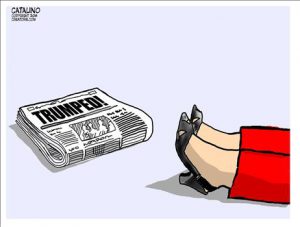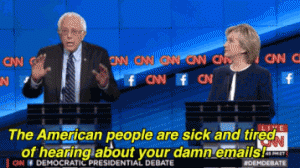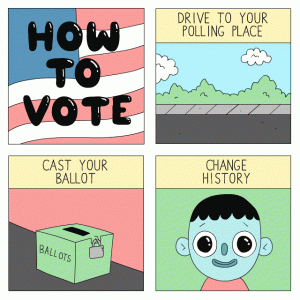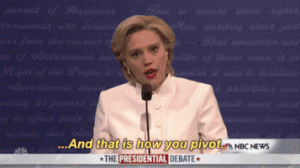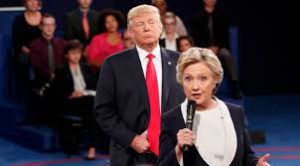You have had nearly a week to either celebrate or mourn, depending on who and what you supported of course.
At the end of the day, I think the emails did it. FBI Director, Comey, released more emails precariously close to the election and I think it influenced potential voters to stay home. Sec. Clinton thinks so as well.
‘FiveThirtyEight,’ a popular political blog spoke to that overall fall of voter turn out, especially in states where Clinton won.
Using the numbers from a reputable 2016 national popular vote tracker and government archives, I looked at voter turn out for myself.
2012 total vote (including third parties): 129,075,630
2012 Democrat vote: 65,446,032
2012 Republican vote: 60,589,084
2016 total vote (including third parties): 128,604,583
2016 Democrat vote: 61,337,682
2016 Republican vote: 60,582,159
From 2012 to 2016 the Republican vote dropped .01142 percent while the Democrat vote dropped 6.2775 percent from 2012 to 2016 showing less motivation from Democratic voters. The total vote dropped a 0.3649 percent while third parties votes increased from 2,518,731 (2012) to 6,684,742 (2016), an increase of 37.6788 percent.
Third parties showed up in this election, proving the distaste of the two popular candidates.
The large drop of vote from 2012 to 2016 for the Democratic candidate is evidence of a large group of unmotivated voters who are not excited about their candidate, and I think their apathy was solidified by Comey’s late and vague disclosure of more (come to find out, insignificant) emails. This was also seen slightly in the Republican’s drop in votes, but not like Sec. Clinton’s.
I hope this gives everyone a fair laugh. I found it in my search for relevant political cartoons.
That is all.

